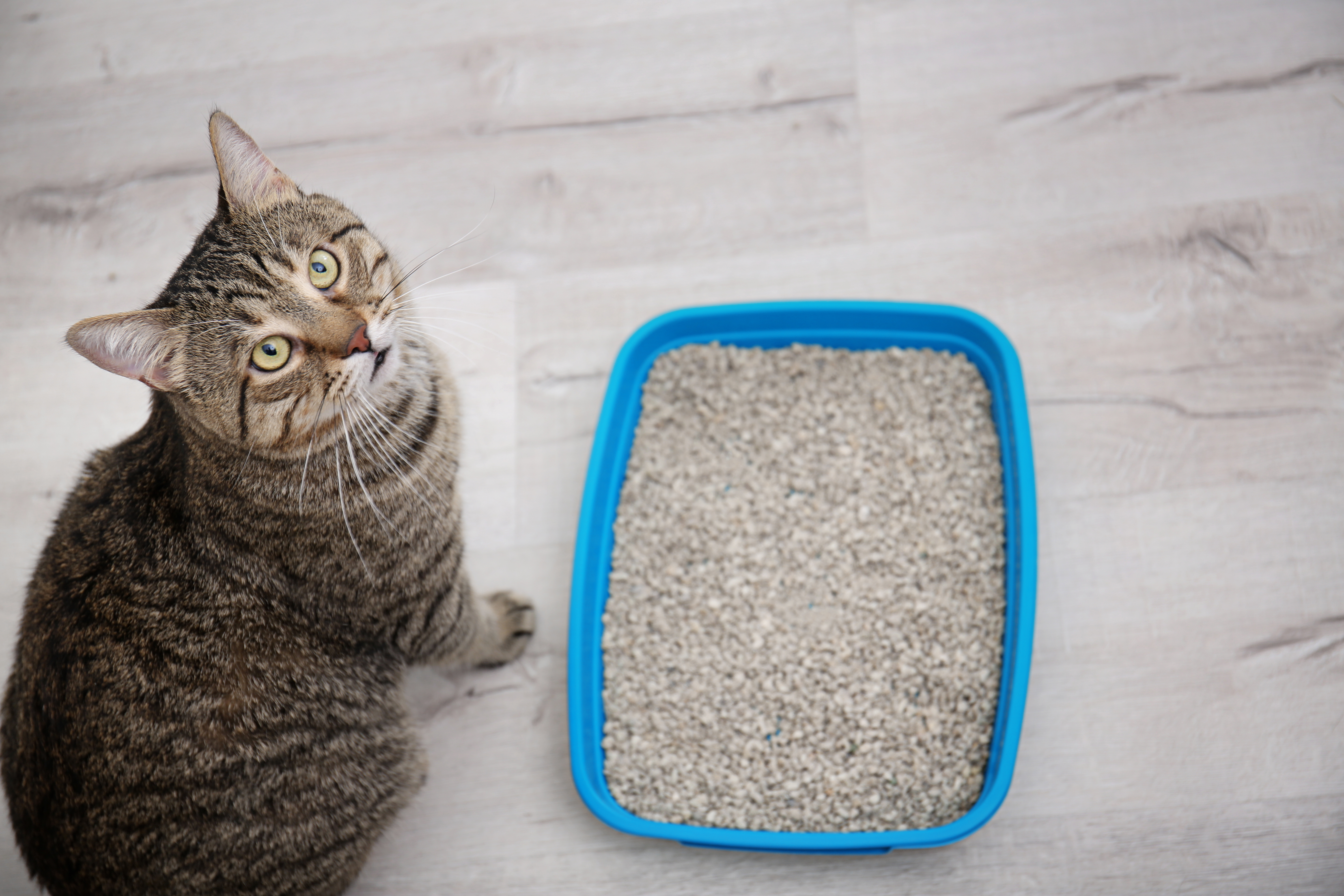
10 Reasons Your Cat Isn't Using the Litter Box
Aside from newborn kittens who haven’t been taught yet, almost all cats use a litter box daily. It’s one of the easy aspects of owning a cat—there’s no need to take them outside or clean up urine or feces messes. That is, as long as your cat uses the litter box as they should.
If you begin to find urine or feces around your home, that means your cat isn’t using their litter box for some reason. Unfortunately, there are many potential reasons your furry friend may forgo their designated bathroom spot. As a pet parent, it’s up to you to determine the cause and fix it as soon as possible, both for your pet’s health and for the cleanliness of your home!
Medical, behavioral and age-related problems can all impact whether your kitty uses the litter box properly. Consider these 10 common reasons why cats neglect their box.
Medical problems
Medical issues are some of the most common causes of inappropriate urination or defecation within the home. While there are many conditions that can lead to litter box issues, they tend to be grouped into the following problems:
1. Urinary problems: Problems within the bladder or urinary tract, including urinary tract infections, bladder infections, urinary crystals, urinary tract obstructions and other forms of feline lower urinary tract disease can make it difficult for your cat to use the litter box properly. They may need to go more often, meaning they can’t make it to the box in time, or they may begin to associate painful urination with their box, causing them to seek another area to urinate or defecate in.2. Gastrointestinal problems: If your cat is pooping in places other than their litter box, they may be experiencing gastrointestinal problems. Diarrhea, constipation, inflammatory bowel disease and other GI conditions can result in negative associations with the litter box or accidents on your carpet.
3. Serious disease: Diseases that affect how much your cat drinks and how quickly urine is processed in the body, including kidney disease, liver disease and diabetes, may cause your cat to need to urinate more often, resulting in the occasional accident around the home.

Stress problems
Another common cause of inappropriate urination and defecation is related to stress or anxiety within the home. Cats can be very particular about their litter box, and even slight changes may disrupt their normal routines.
4. Household-related stress: Major changes, such as the addition or loss of a family member, moving to a new home or even rearranging the furniture can cause cats significant anxiety. Stress can cause cats to urinate around the home out of fear.5. Dirty litter box: Cats are fastidious cleaners, and they like their litter box to be clean, as well. Every cat is different, but many cats will refuse to use the litter box if it’s too soiled. Scoop the box once per day and deep-clean it regularly to avoid these problems.
6. Litter box placement: Cats can also be particular about where their litter box is placed. If you normally keep it in one room but move it to a new place suddenly, your cat may become stressed or unsure of where to go, causing accidents. Or, if the box is placed in a loud, too-frequented area or near your cat’s food and water bowls, they may choose their own place to go, instead.
7. Litter type: Switching the type of litter you use in your cat’s litter box may cause your cat to seek another area to urinate or defecate in. Different textures, scents or material types can turn cats off from their litter box, so try to stick with the same kind.
8. Not enough litter boxes: In multi-cat households, there should be at least one litter box per cat. Having too few boxes can cause cats to go elsewhere, because they might be territorial about the box or not want to use something that carries your other cats’ scents.
Age problems
As cats age, they tend to experience more and more problems related to litter box use. Some of these problems may be related to other health conditions, like kidney disease, but these two problems, in particular, tend to affect older cats.
9. Arthritis: Older cats who develop arthritis may have difficulty getting to their box or in and out of the box because of pain in their joints. If the litter box requires stairs to access, relocate it to the main floor. If you have a box with high walls, consider swapping it out with a smaller box or a storage bin with shorter walls.
10. Cognitive decline: Old cats can suffer from cognitive decline, which can make them confused and distressed, even as they navigate their own home. Cats with dementia may forget where their litter box is or forget to use the litter box entirely.
In order to determine exactly what is wrong with your cat and their litter box, observe them for a day or two to identify any potential symptoms of disease, including blood in the urine, straining to urinate or defecate and crying out. Also note any changes in behavior. Contact your vet to discuss your observations and find potential solutions to the underlying problem causing your cat’s aversion to the litter box.


